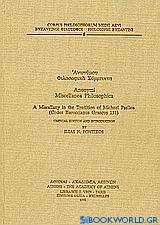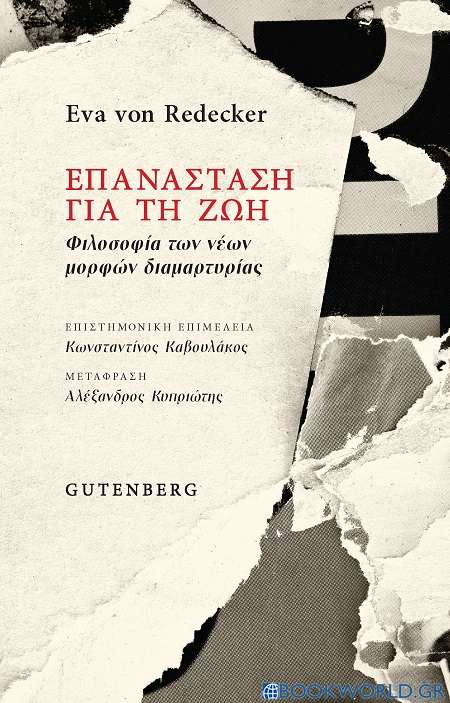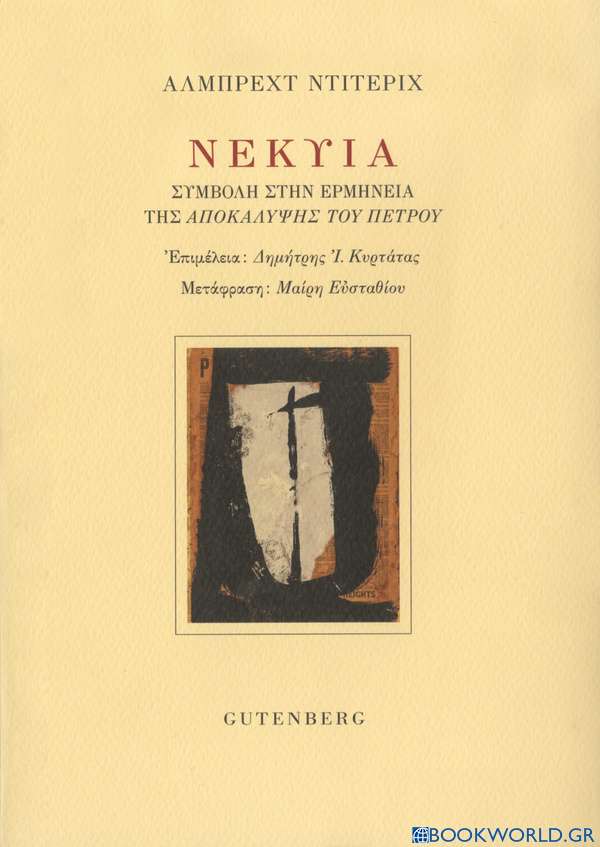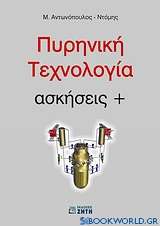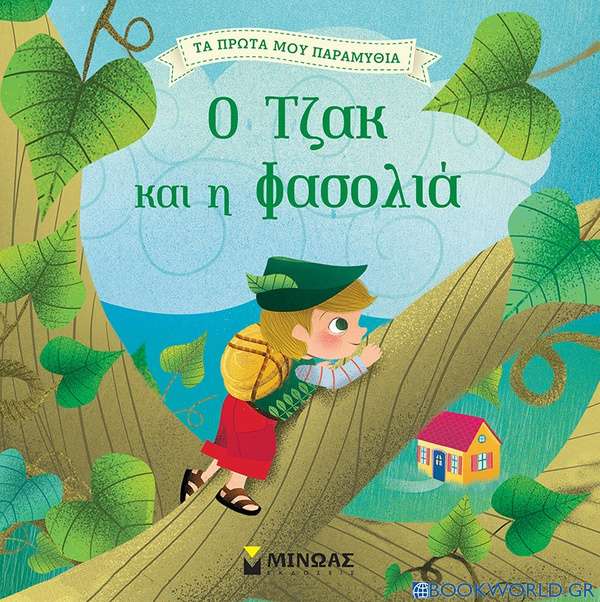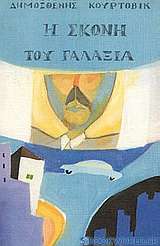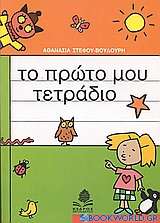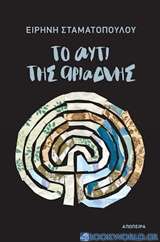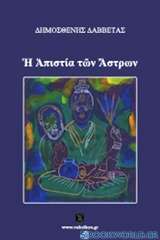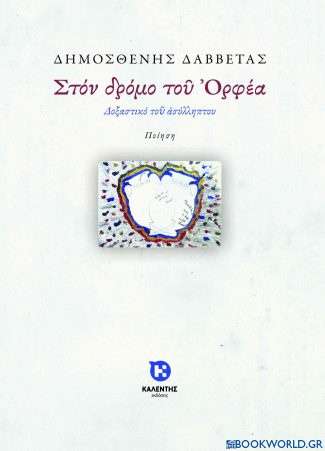Φιλοσοφικά σύμμεικτα
Codex Baroccianus graecus 131, a thirteen century miscellany, contains among other things a rare sample of philosophical teaching material (fols. 397v-446r) which can be dated in its compilation stage to the eleventh and twelfth centuries A. D. The collection as a whole seems to be unique and its importance has been recognized as such for some time. Its similarity with other collections of the eleventh century, necessitated a comparative study with them and in particular M. Psellos' "Omnifaria doctrina". After a careful analysis of the material of both collections one iclines against the hypothesis of Psellos being the author of the miscellany; nevertheless, textual evidence suggests that it must belong to his philosophical tradition. The first chapter of the introduction, therefore, deals with the problem of authorship and date of compilation.
The second and third chapters explore the re-awakening of a philosophical and scientific interest as the result of a scholarly learning among Byzantine intellectuals and stress the definition prevalent among them of philosophy as the "art of arts and science of sciences". The return also to the Aristotelian physical theory helped in providing a rational explanation for natural phenomena, in contrast to pietistic accounts based on biblical exegesis. This renewed philosophical and scientific interest had its counter-part in the rediscovery of Neoplatonic philosophy wherein, as it is known, transcendent and immanent modes of thought are reconciled. This Christian Neoplatonic renaissance as it is displayed in the works of M. Psellos and I. Italos, encouraged a comparative study of pagan and Christian thought, leading to an attempt at a construction of a metaphysical system.
The fourth chapter considers the nature and purpose of the collection and whether it can be regarded as a school compendium. In order to arrive at a conclusion, the method of composition of Byzatine school-texts had to be investigated.
Finally, the findings of the preceding chapters are brought together in the conclusion, to assess the importance of this collection in so far as it reflects a significant aspect of the intellectual milieu and the compiler' s activity as teacher of higher education at work in the eleventh century.
Paleographical comments and textual difficulties, as well as the editorial principles that were followed in publishing the material of the "Anonymous" are discussed in the small section at the end of the introduction, under the heading Editorial Remarks.
[...]
I am indebted first of all to Prof. R. Browning for his guidance in paleographical matters when I was transcribing the Greek text, as well as for his learned and stimulating ideas on the history of intellectual life of the period to which this philosophical miscellany belongs. I am also greatful to Prof. A. C. Lloyd for his help and advice concerning the theological and philosophical part of the work.
[...]
Ilias N. Pontikos
| Τίτλος βιβλίου: | Φιλοσοφικά σύμμεικτα |
|---|
| Υπότιτλος βιβλίου: | Critical edition and introduction by Ilias N. Pontikos |
|---|
| Εκδότης: | Ακαδημία Αθηνών |
|---|
| Συντελεστές βιβλίου: | Ανώνυμος (Συγγραφέας)
Ποντικός, Ηλίας Ν. (Επιμελητής)
|
|---|
| ISBN: | 9789607099129 | Εξώφυλλο βιβλίου: | Πανόδετο |
|---|
| Σειρά εκδότη: | Corpus Philoshophorum Medii Aevi: Βυζαντινοί Φιλόσοφοι - Philosophi Byzantini | Σελίδες: | 144 |
|---|
| Στοιχεία έκδοσης: | 1992 | Διαστάσεις: | 24x17 |
|---|
| Σημείωση: | Δίγλωσση, κριτική έκδοση: περιέχει το κείμενο του βυζαντινού χειρογράφου στο πρωτότυπο και εισαγωγή και σχόλια του επιμελητή στα αγγλικά. Συνέκδοση: Librairie J. Vrin, Paris, Editions Ousia, Bruxelles. |
|---|
| Κατηγορίες: | Επιστήμες > Επιστήμες του Ανθρώπου > Φιλοσοφία
Επιστήμες > Επιστήμες του Ανθρώπου > Φιλοσοφία > Αρχαία Ελληνική Φιλοσοφία |
|---|

Diderot, Denis, 1713-1784
Denis Diderot (1713-1784). Γιος ενός σιδερά από την πόλη Langres, διδάχθηκε από Ιησουίτες κληρικούς και σπούδασε στη Σορβόνη, από όπου απεφοίτησε το 1732 ως νομικός. Ο Ντιντερό έχασε όμως το ενδιαφέρον του για το νομικό επάγγελμα και προτίμησε να ασχοληθεί με γλώσσες, λογοτεχνία, φιλοσοφία και μαθηματικά. Αναδείχθηκε σε επιφανή φιλόλογο, φιλόσοφο και συγγραφέα, ήταν εμπνευστής και ηγέτης της προσπάθειας για συγγραφή της "Εγκυκλοπαίδειας" από το 1746 μέχρι το 1780. Σε όλα τα έργα του διέδιδε το πνεύμα του διαφωτισμού, άθεος και υλιστής ο ίδιος, ενάντια στη δεισιδαιμονία και τη θρησκοληψία. Μαζί με τον Βολταίρο και τον Ρουσώ θεωρείται ένας από τους σημαντικότερους Γάλλους συγγραφείς του 18ου αιώνα. Τα μυθιστορήματά του διαβάζονται ακόμα και τον 21ο αιώνα. Έγραψε ακόμα θεατρικά έργα και κριτικές εργασίες.
Η τσαρίνα Αικατερίνη της Ρωσσίας τον κάλεσε να υποβάλει προτάσεις για το εκπαιδευτικό σύστημα της Ρωσσίας και γι' αυτό ο Ντιντερό έμεινε στα χρόνια 1773-74 στην Πετρούπολη. Στα ύστερα δημοσιεύματά του ασχολήθηκε επίσης με πολιτικά ζητήματα και θεωρείται από τους πνευματικούς πατέρες της επερχόμενης (γαλλικής) επαναστάσεως.
